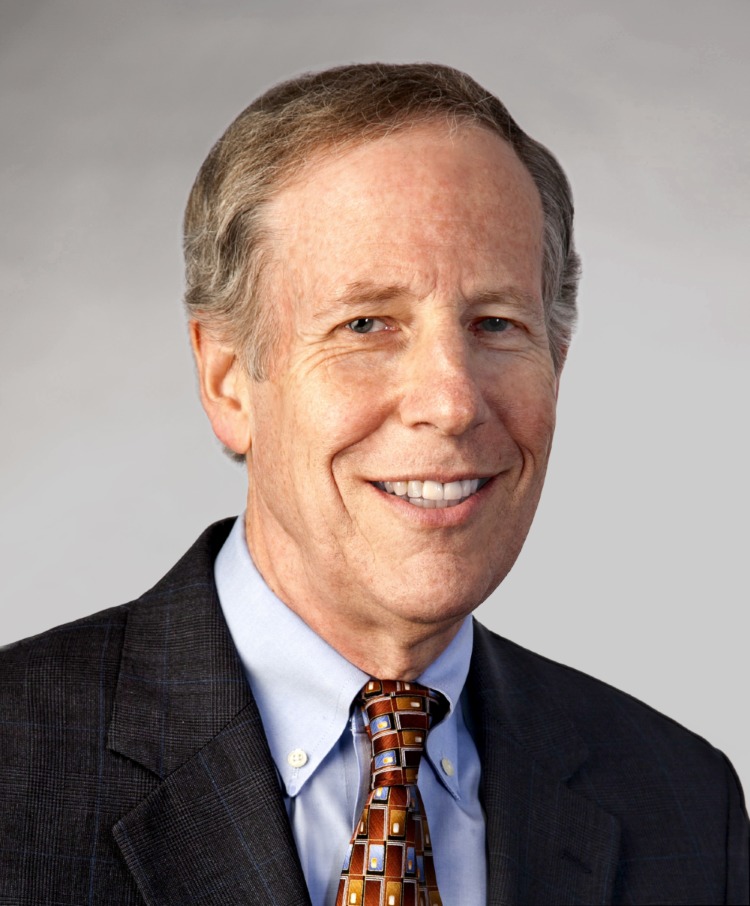Too often, Washington decision makers ignore the importance of informing healthcare practitioners (HCPs) and patients about therapeutic innovations. Perhaps that’s why they find it so hard to let go of “feel good” ideas intended as tools to limit healthcare communications, especially direct-to-consumer (DTC) promotion.
According to Jon Bigelow, Executive Director of the Coalition for Healthcare Communication, the beginning of the Biden administration has had a largely positive impact on the biopharma industry, notably marked by an effort to “stick to the science”; a fairly efficient roll-out of COVID-19 vaccines that allows reopening of schools and many aspects of normal daily life; and expansion of Affordable Care Act (ACA) coverage. But behind the scenes, pressure continues to build surrounding high prescription drug costs and changes in tax policy.
Fighting COVID-19 – both the pandemic and the recession it provoked – is President Biden’s top priority, and he is asking Congress to pass two huge economic packages. Few dispute that more relief and stimulus is needed. There’s a growing risk, however, that the new fiscal reality facing the federal government resurrects the idea of a pharma marketing tax.
The confusion and infighting that has marred the response to the COVID-19 pandemic reduces public support for and confidence in preventive measures encouraged by public health experts. It also threatens the effectiveness, scientific integrity, and reputation of key federal health agencies, potentially inflicting long-lasting damage.
How the pandemic changes the health policy outlook
April 2020, Commissioner, Coronavirus Cases, Coronavirus Disease (COVID-19) Pandemic, Department of Health and Human Services (HHS), Donald Trump, Drug Price Legislation, Elections, FDA, FDA/Regulatory, Issue Archives, Jon Bigelow Column, Med Ad News, Senate, United States Department of Homeland Security, White HouseThis extraordinary March and April – marked by rising numbers of Covid-19 cases and fatalities, suffering for patients and families, courageous efforts by clinicians, restricted social interaction, business closings, massive unemployment – has battered our healthcare system and economy. Here are a few early thoughts on how the evolving pandemic has changed the outlook for health policy after the November elections.
With impeachment behind us and the elections looming, both parties are focused on healthcare, the policy topic of greatest concern to voters. More specifically, they are focused on lowering the cost of prescription drugs.
A look at potential new developments important to health communications and marketing.
The threatened “pharma marketing tax” may be back in play during 2019, at both the federal and state levels.


